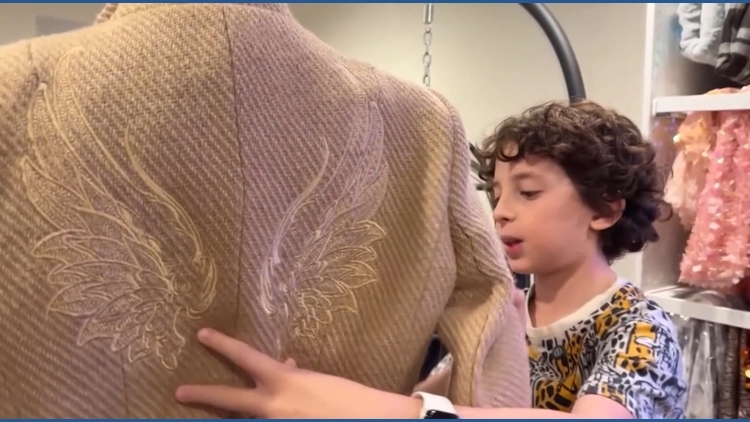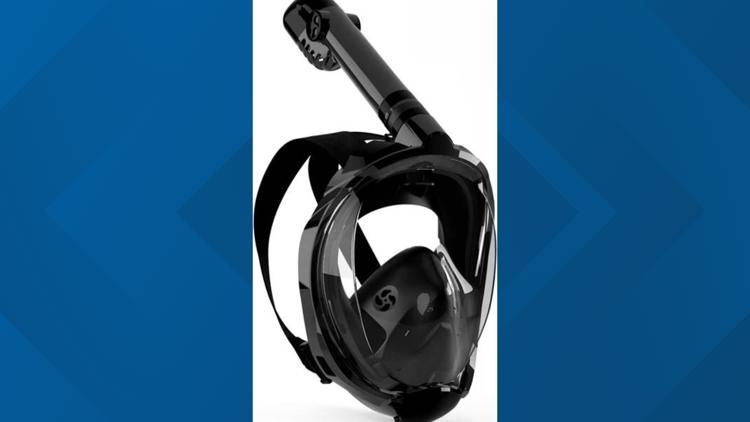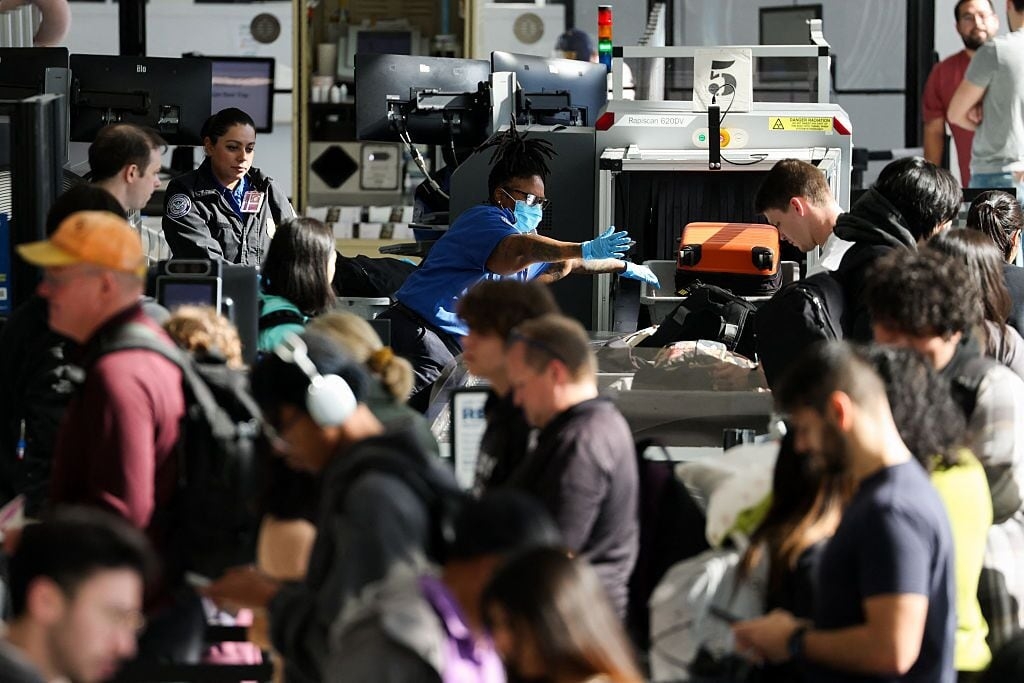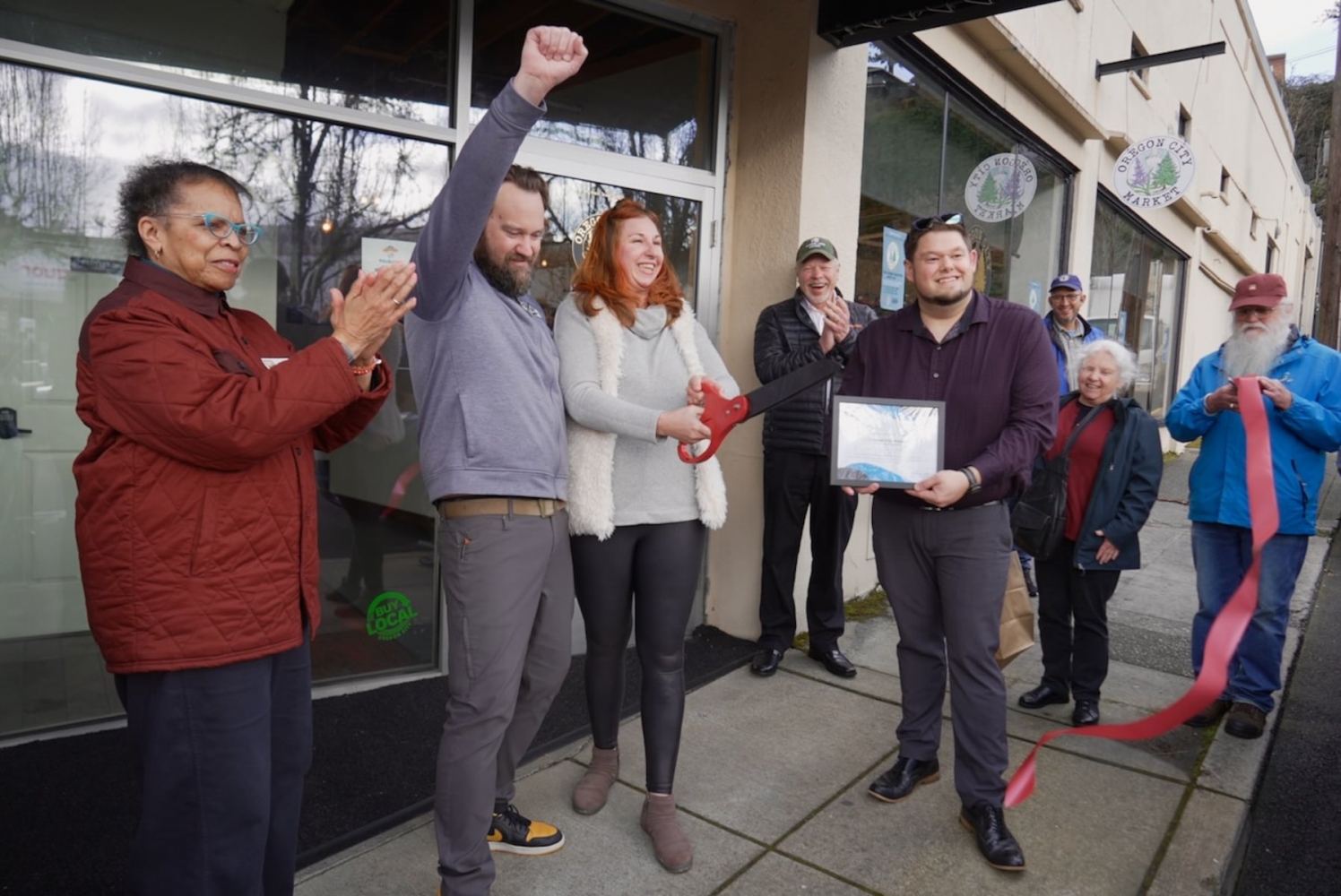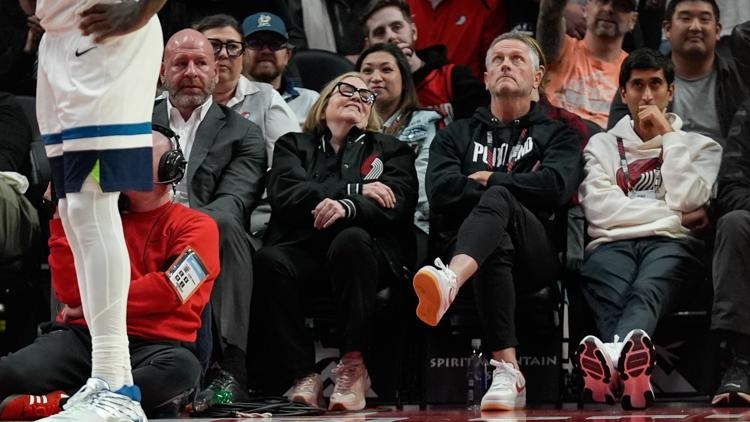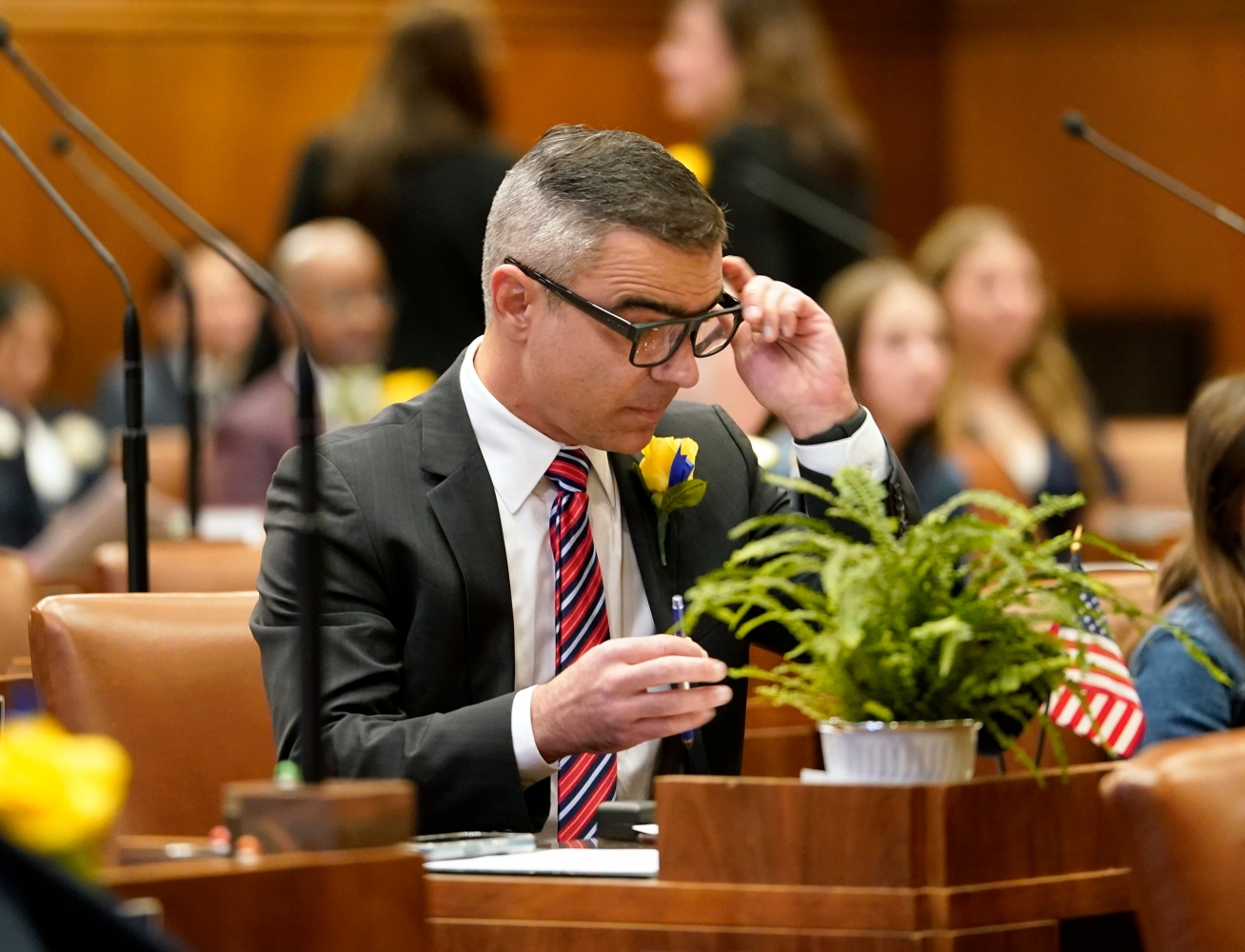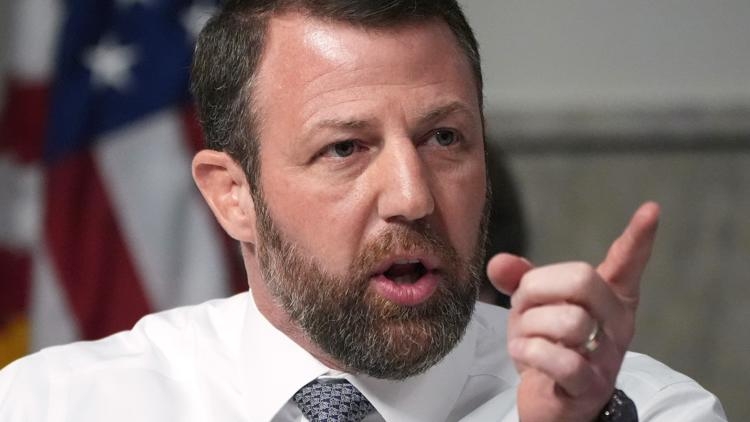Local News & Alerts
Storm System Repairs on Blanco Avenue On Monday March 09 2026 City staff will be repa...
More
English Community Notice Important information for USPeruvian citizens in the Middle Eas...
More
In 2023 at just 7 years old Max became a Guinness World Record holder for the youngest run...
More
A safety alert urged customers not to use OUSPT snorkel masks sold on Amazon after multipl...
More
Trader Joes closes SE Portland store after asbestos found in floor adhesive officials say ...
More
Oregon ranks near the middle of US states when it comes to the tax burden on residents acc...
More
Some users reported Thursday they were having issues seeing Amazon prices checking out and...
More
With the busy spring break travel season looming travel and aviation industry leaders urge...
More
Last week as gas prices in Oregon spiked more than in any other state AAA warned that the ...
More
Oregon Citys newest business is a tiny grocery with exactly two aisles
More
The Portland Timbers will face three Liga MX teams at Providence Park in August during the...
More
Tom Dundon is leading a group buying the Portland Trail Blazers for 425B Its unclear if th...
More
Teachers at Fort Vancouver High School walked out of a staff meeting this week over safety...
More
Important notice for USPeruvian citizens in the Middle East If you or a family member are...
More
As they blocked a series of congressional tax breaks last month Oregons legislative Democr...
More
Each year Oregon school districts look to the state Legislature to help patch funding gaps...
More
An Oregon mother has been sentenced in a Butte County child abduction case involving her t...
More
Prineville city leaders recently took an opportunity to speak with a newly formed state gr...
More
President Donald Trump announced Thursday he was replacing Homeland Security Secretary Kri...
More
The decades-long plight of a Black legislative employee wrongfully accused of financial im...
More




